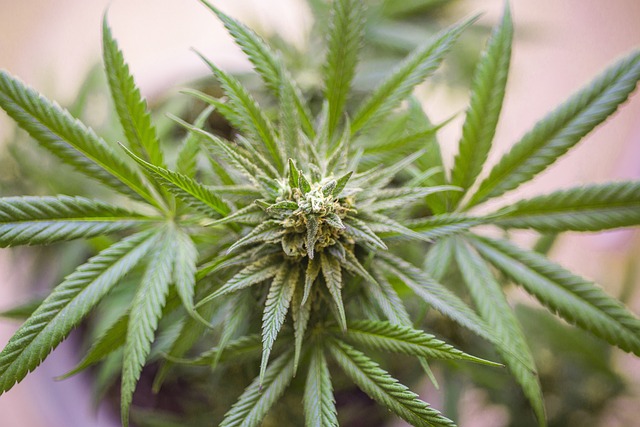2023 has seen a significant rise in interest around THCA (Tetrahydrocannabinolic Acid), particularly in Minnesota where it's legally recognized under specific conditions set by the 2018 Farm Bill and state legislation. In Minnesota, THCA-rich hemp products, including flowers, are legal as long as they contain less than 0.3% delta-9-THC on a dry weight basis, according to the Minnesota Department of Agriculture (MDA). This legal status allows consumers to explore THCA's therapeutic properties, such as its anti-inflammatory and neuroprotective effects, without psychoactive influence. The MDA oversees the cultivation and sale of these products, ensuring compliance with state laws. Consumers are encouraged to stay informed about legislative changes and to purchase from reputable sources that provide lab results confirming THCA content and compliance. As research progresses, the market for THCA-rich products is expected to grow, reflecting a shift towards cannabinoids that offer wellness benefits without altering cognitive function. Minnesota's clear regulations on THCA position it as a state at the forefront of cannabis innovation and consumer choice in wellness products.
Discover the intricacies and potential of THCA flower, a naturally occurring cannabinoid that’s gaining attention for its unique properties. As we delve into the world of THCA, legality takes center stage, particularly in Minnesota where specific regulations govern its use. This article unravels the complexities surrounding THCA flower, from its legal status to its role within full-spectrum cannabis products and how it compares to other forms of cannabis. Whether you’re a seasoned user or new to the scene, understanding the nuances of THCA flower is essential for safe and informed consumption. Learn about the key differences between THCA flower and other cannabis derivatives, the benefits it offers, and how to legally source high-quality THCA flower in Minnesota. Explore cultivation insights tailored to Minnesota’s climate, dosing strategies, and optimal storage methods to ensure your THCA flower maintains its freshness and potency. With a focus on the entourage effect and decarboxylation, this guide provides comprehensive tips for navigating the market and selecting reputable brands. Join us as we explore the legal landscape and future of THCA flower in Minnesota and beyond.
- Understanding THCA Flower: A Natural Phenomenon
- THCA Flower Legality in Minnesota: What You Need to Know
- The Rise of THCA as a Preferred Cannabinoid
- THCA Flower vs. Other Cannabis Forms: Key Differences
- Benefits and Effects of THCA Flower Consumption
Understanding THCA Flower: A Natural Phenomenon
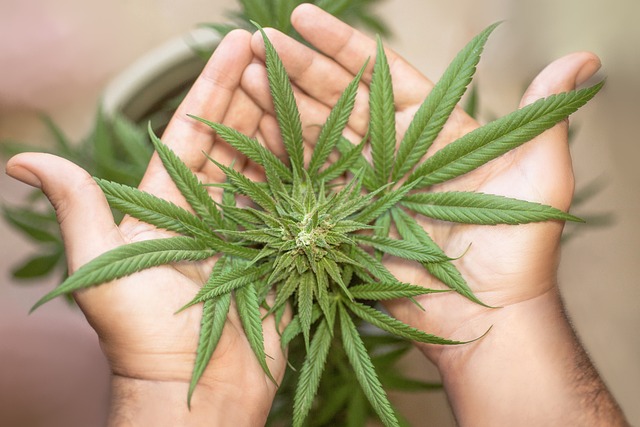
Understanding THCA flower tips begins with recognizing its natural origins and the implications of its legal status. Tetrahydrocannabinolic acid (THCA) is the raw, non-psychoactive precursor to the well-known psychoactive compound THC found in cannabis sativa plants. It’s present in significant quantities in raw cannabis flowers and is gaining attention for its potential health benefits. In Minnesota, the legal landscape surrounding THCA has evolved, with the state allowing the sale and use of hemp-derived products containing less than 0.3% THC on a dry weight basis. This legislative distinction allows consumers to legally access THCA flowers that are rich in this non-intoxicating cannabinoid, offering a legal avenue for exploration into its therapeutic properties. The cultivation and processing of these flowers must adhere to the state’s agricultural and health regulations, ensuring safety and compliance. As such, Minnesota has emerged as a region where THCA flower tips are not just of academic interest but also relevant for consumers looking to incorporate this cannabinoid into their wellness routines.
For those interested in incorporating THCA flowers into their regimen, it’s crucial to stay informed about the evolving legalities and best practices for consumption. In Minnesota, where THCA is legal, individuals have access to a variety of strains, each with its own terpene profile and potential effects. The THCA flower tips themselves are often smoked or vaporized, providing a direct route for absorption into the body’s endocannabinoid system. Given the interest in the benefits of THCA, including its anti-inflammatory and neuroprotective properties, understanding how to properly handle, store, and use these flowers is essential for maximizing their potential. This includes proper drying and curing techniques to preserve the compounds effectively, as well as dosage considerations for individual wellness needs.
THCA Flower Legality in Minnesota: What You Need to Know
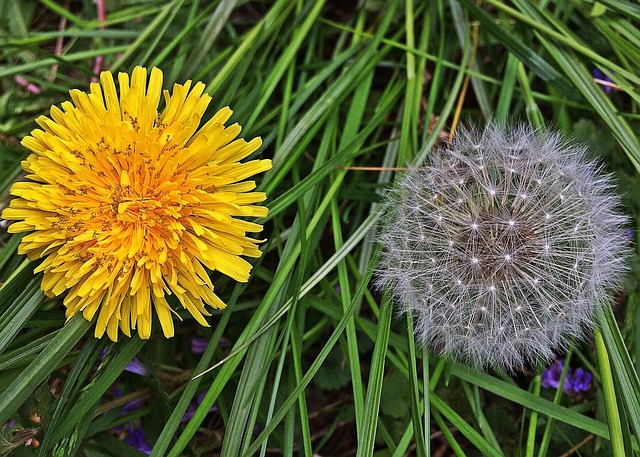
In recent years, the legal status of cannabinoids derived from hemp has become a topic of significant interest, particularly with regard to THCA (Tetrahydrocannabinolic Acid), which is non-psychoactive and known for its potential wellness benefits. For residents of Minnesota, understanding the legality of THCA flowers is crucial due to the nuanced approach the state takes towards hemp-derived products. As of the knowledge cutoff date in early 2023, THCA is legal in Minnesota when derived from hemp that contains no more than 0.3% delta-9-THC on a dry weight basis, under the 2018 Farm Bill and subsequent state legislation. However, Minnesota’s hemp program regulations are specific about the allowable forms of hemp consumption, and while THCA flower may fall within these parameters, it’s essential to verify compliance with state laws as they can evolve. The Minnesota Department of Agriculture oversees the state’s hemp program, setting guidelines for cultivation, processing, and sales, which include THCA flowers if they meet the aforementioned THC concentration limit. To ensure that you are in full compliance with state and federal laws when purchasing or using THCA flowers in Minnesota, it is advisable to consult the latest regulations provided by the MDA or legal counsel specializing in cannabis law.
Navigating the legality of THCA flowers in Minnesota requires a careful review of both state and federal statutes. While the 2018 Farm Bill legalized hemp and its derivatives, including THCA, at the federal level, states like Minnesota have their own regulatory frameworks. It’s important to stay updated on any legislative changes that may affect the legal status of THCA flowers. For those interested in purchasing or possessing THCA flowers legally, it’s recommended to look for reputable vendors who provide lab-tested products with certificates of analysis indicating their THC content is within the legal limits. This due diligence can help avoid any legal complications and ensure that your use of THCA flowers aligns with Minnesota’s hemp program regulations.
The Rise of THCA as a Preferred Cannabinoid
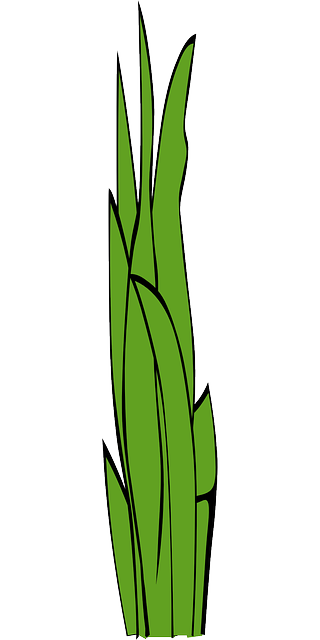
2023 has seen a significant uptick in interest for THCA, or Tetrahydrocannabinolic Acid, within the cannabis community, particularly as it pertains to its legal status and therapeutic potential. THCA is the raw form of THC, which upon heating is decarboxylated into THC. This non-psychoactive precursor has garnered attention due to anecdotal reports suggesting it may offer a broader range of benefits without the immediate psychoactive effects associated with THC. In states like Minnesota, where THCA-rich products are legal, consumers are experimenting with its inclusion in various cannabis products, from flowers to edibles and topicals. The rise of THCA as a preferred cannabinoid is driven by its promising potential for therapeutic uses, including anti-inflammatory properties and neuroprotective benefits. As research continues to unfold, the demand for THCA-rich products in Minnesota and other legal jurisdictions is likely to grow, reflecting a broader shift in consumer preferences towards cannabinoids that offer both wellness and therapeutic benefits. This interest is not only due to its legality in states like Minnesota but also because of the growing body of evidence suggesting THCA may be beneficial for various health conditions without the psychoactive side effects of THC. As a result, many consumers are turning to THCA as a more palatable option for their wellness regimen, highlighting its versatility and therapeutic potential.
THCA Flower vs. Other Cannabis Forms: Key Differences
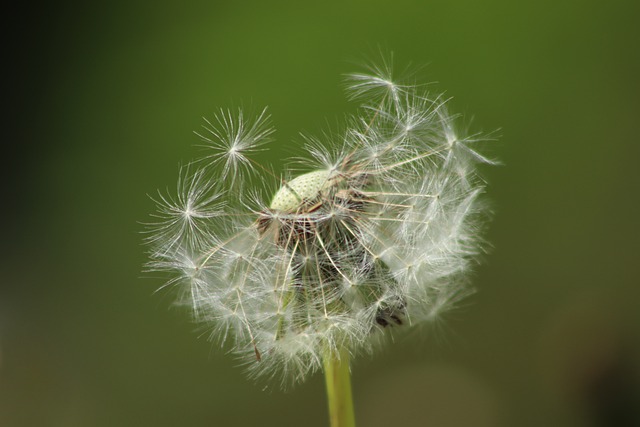
THCA flower, or tetrahydrocannabinolic acid, is a naturally occurring cannabinoid found in raw cannabis plants. Unlike its more famous counterpart, THC, THCA is non-psychoactive, meaning it does not induce the traditional ‘high’ associated with cannabis consumption. This distinction makes THCA an intriguing subject for those interested in the potential wellness benefits of cannabinoids without the psychotropic effects. When discussing THCA flower versus other cannabis forms, one must consider its unique legal status, particularly in states like Minnesota.
In Minnesota, where the legal landscape regarding cannabis is evolving, THCA is notable for being legally permissible under certain conditions. Unlike smokable flower products that contain THC, which are regulated and taxed for adult recreational use, raw THCA flower can often be sold as a ‘hemp product’ provided it contains less than 0.3% delta-9-THC on a dry weight basis. This distinction allows consumers to legally purchase and possess THCA flower for its potential health benefits, including anti-inflammatory and neuroprotective properties, without the psychoactive side effects.
The key differences between THCA flower and other cannabis forms extend beyond legal considerations into the realm of consumer experience. THCA is often extracted and converted into various derivative compounds like distillates and edibles, which can offer a wider spectrum of effects depending on the desired outcome. Additionally, THCA flower may be consumed in its raw form through juicing or infusion into foods and drinks, offering a unique and legal way to experiment with cannabinoids. As such, for those interested in the therapeutic potential of cannabis without psychoactive impact, THCA flower presents an exciting and legally compliant option, especially within the regulatory framework established in Minnesota and other forward-thinking jurisdictions.
Benefits and Effects of THCA Flower Consumption
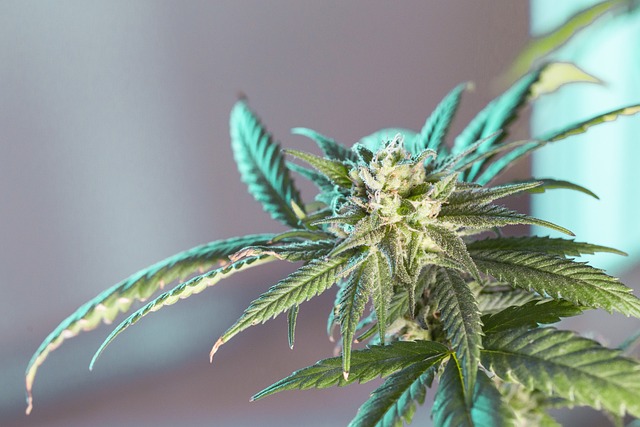
THCA, or tetrahydrocannabinolic acid, is a non-psychoactive cannabinoid found in the flowers of cannabis plants. While it’s true that THCA converts into THC (tetrahydrocannabinol) when exposed to heat or light, it holds its own set of potential benefits and effects when consumed in raw form. In Minnesota, where certain forms of cannabis have been legalized, THCA flower is gaining attention for its therapeutic properties. Preliminary research suggests that THCA may offer anti-inflammatory, neuroprotective, and analgesic (pain-relieving) effects without the psychoactive high typically associated with THC. This makes it an attractive option for individuals seeking relief from various conditions without altering their mental state. Users report benefits ranging from alleviating pain and nausea to promoting overall wellness. The legal status of THCA flower in Minnesota allows for a controlled exploration of its potential, with users and researchers alike investigating its efficacy and applications. As interest in cannabinoid-based therapies grows, understanding the nuanced differences between various cannabinoids like THCA becomes increasingly important for consumers and medical professionals alike. With ongoing research, the full spectrum of benefits and effects of THCA flower consumption may be further elucidated, potentially expanding its use within the legal landscape of Minnesota’s cannabis market.
In conclusion, the emerging interest in THCA flower has brought to light its unique position within the cannabis landscape, particularly with its legality in Minnesota being a notable aspect for enthusiasts and consumers. As we’ve explored, THCA stands out among other cannabinoid forms due to its distinct benefits and effects, offering a natural experience that aligns with many users’ wellness goals. The rise of THCA as a preferred cannabinoid underscores its potential both medicinally and recreationally. For those in Minnesota considering its inclusion in their routines, understanding the legal framework is crucial for responsible use. With further research likely to shed more light on THCA’s capabilities, it’s clear that this natural phenomenon is poised to carve out a significant niche in the cannabis industry.
